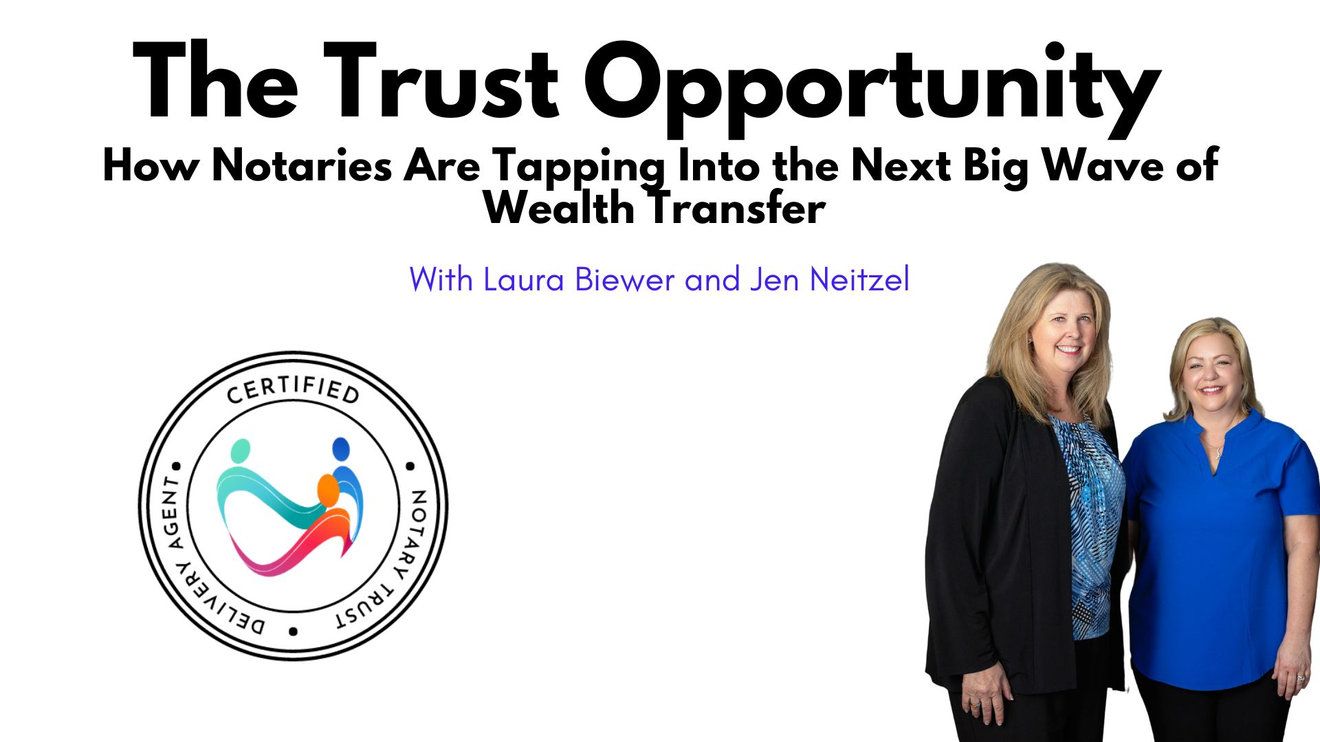When choosing a response, Choose Kindness

Choosing Kindness: Elevating Our Personal and Professional Lives
In both our personal and professional lives, we encounter individuals who may disappoint us, offend us, or say things that leave us feeling hurt or angry. In those moments of frustration, there’s an excellent opportunity to reflect on how we wish to respond. Our reactions can define us and shape our relationships, ultimately influencing our personal growth and professional success. In this blog, we’ll explore the transformative power of choosing kindness, even when it seems least deserved.
As we navigate the complexities of human interaction, it’s natural to feel a range of emotions when faced with negativity or insensitivity from others. Our instincts may prompt us to react defensively, to lash out, or to express our anger. However, I was recently inspired by Jefferson Fisher, with the key takeaway being that it’s not about the other person; it’s about us and how we choose to show up. When we make the conscious decision to respond with kindness, we not only elevate our standards but also foster a more respectful environment, whether with clients, colleagues, or loved ones.
When faced with a challenging situation or a negative comment, how can we manage our emotions effectively? One effective mindset shift is to adopt phrases that allow for patience and contemplation. For instance, instead of firing back an immediate response, we can say, “Hmm… that’s interesting,” or “Could be so,” or even suggest, “Let’s discuss this later.” This approach gives us the necessary time to process our emotions and formulate a response that aligns with our values.
Using restraint during these moments enhances our emotional intelligence (EQ). Emotional intelligence encompasses our ability to be aware of, control, and express our own emotions while also understanding and managing the feelings of others. By demonstrating high EQ, we not only set a standard for ourselves but also model effective communication and conflict resolution to those around us. EQ is significant when working with the public, signing services, title offices, and attorneys, where miscommunications can lead to stressful situations and hinder team cohesion.
To illustrate this point, let’s consider a scenario that may resonate with many professionals. Imagine you’re on a call, and an escrow agent critiques your work. The immediate reaction might be to defend yourself, possibly escalating the situation and creating a tense atmosphere. However, if you paused, acknowledged their perspective with a phrase like, “I understand this is important to you,” or I hear your perspective, or how can we work together to resolve this? If it’s not a time-sensitive issue, such as email communication, give yourself a little time to think through your response. Choosing to address it later opens the door for constructive dialogue. This response showcases your emotional maturity and ability to navigate conflict gracefully.
In our personal lives, similar interactions can occur with friends or family. Perhaps a loved one makes an offhand remark that you find hurtful. It’s easy to become emotionally charged and retaliate, to say something equally hurtful in response. Instead, choosing kind words, even when they feel undeserved, allows for healing rather than further resentment. A gentle approach can often diffuse what might otherwise escalate into conflict, strengthening your relationships instead of eroding them. You might ask them; did you mean that genuinely or were you hinting at something you want to tell me. This is great when you are not sure how to take what has been said and you want clarification and puts the burden on them.
The act of choosing kindness—whether through words or actions—sets us apart from the fast-paced, often abrasive “rat race.” In a society where it can feel like survival of the fittest, being the person who opts for empathy and understanding becomes a distinguishing characteristic. We have the power to create positive ripple effects in our spheres of influence, encouraging others to respond in kind.
Practicing kindness also brings a personal sense of fulfillment that lasts beyond the initial confrontation. Choosing to respond thoughtfully and with compassion can lead to an inner satisfaction that far outweighs the fleeting pleasure of a sharp retort. Reflecting later on the situation, when you upheld your values even amid difficulty, can be a profound source of pride and self-appreciation. Each experience becomes not just a moment of interaction but a teaching moment, a chance to reinforce the values you hold dear.
Moreover, on a more expansive level, kindness fosters collaboration and engagement. Teams that cultivate positive communication and understanding experience higher morale and more innovative solutions. When individuals operate from a place of respect and empathy, creativity flourishes, leading to outcomes that benefit everyone involved. When your business prioritizes emotional intelligence and kindness, you will see substantial returns when you are happier and more invested in their work.
In conclusion, the next time you encounter disappointment or offense, remember that it is not merely about the other person—but profoundly about how you choose to show up. The ability to respond with kindness, restraint, and emotional intelligence is transformative. Each decision to take the high road strengthens your character, enhances your relationships, and builds a culture of respect and appreciation around you. It is in these daily choices that we convey what it means to live authentically and to strive for our best selves. By exercising the choice to be kind, we set our course for personal fulfillment and professional success, truly standing apart in a challenging world.
At Your Service,
Laura



